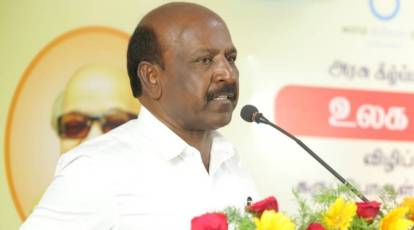
Chennai: In a significant move to address the shortage of doctors in Tamil Nadu, the State Health Department will begin counselling for newly selected doctors on Tuesday. Health Minister Ma Subramanian announced that 2,642 doctors will receive their appointment orders immediately after completing the process.
Selection Process & Merit Points
The recruitment was based on an online examination conducted by Tata Consultancy Services (TCS) on January 5, in which nearly 24,000 doctors participated. The evaluation process is now complete, and merit marks were awarded to doctors who served during the COVID-19 pandemic:
- 5 points for two years of service
- 3 points for 18 months of service
- 2 points for one year of service
The counselling process will conclude on February 15, allowing doctors to choose their preferred postings.
Strengthening Tamil Nadu’s Healthcare System
Last year, 1,021 doctors were appointed to government hospitals (GHs) across Tamil Nadu. As their one-year tenure ends on February 15, they will also participate in the counselling process to select their next postings.
Minister Subramanian emphasized that these appointments will improve medical staffing in government hospitals and enhance healthcare infrastructure across the state, as reported by IANS.
Addressing the Shortage Amid Dengue Outbreak
The decision comes amid growing concerns over a shortage of doctors, particularly as Tamil Nadu battles contagious diseases like dengue. Protests had erupted in several areas due to the lack of medical professionals, prompting the Health Department to conduct a competitive recruitment exam.
In 2024, Tamil Nadu reported 26,740 dengue cases and 13 deaths, the highest caseload since 2012. The previous peak was in 2017, with 23,294 cases and 65 deaths. Despite the increase in cases, fatalities remained lower due to improved surveillance, increased testing, and better reporting from private hospitals.
With more doctors joining government hospitals, early detection and management of infectious diseases are expected to improve, particularly during the monsoon season, when dengue and other infections are at their peak.

